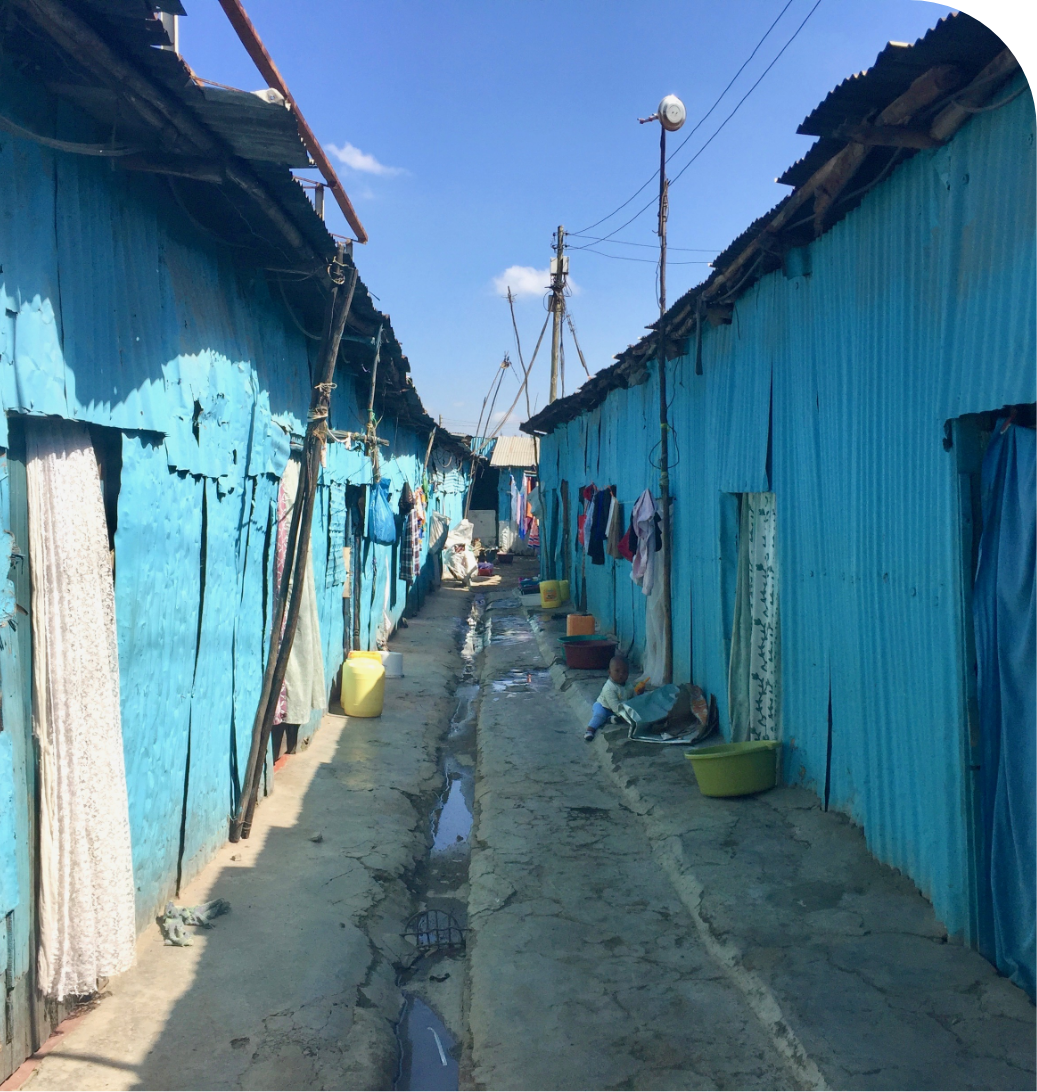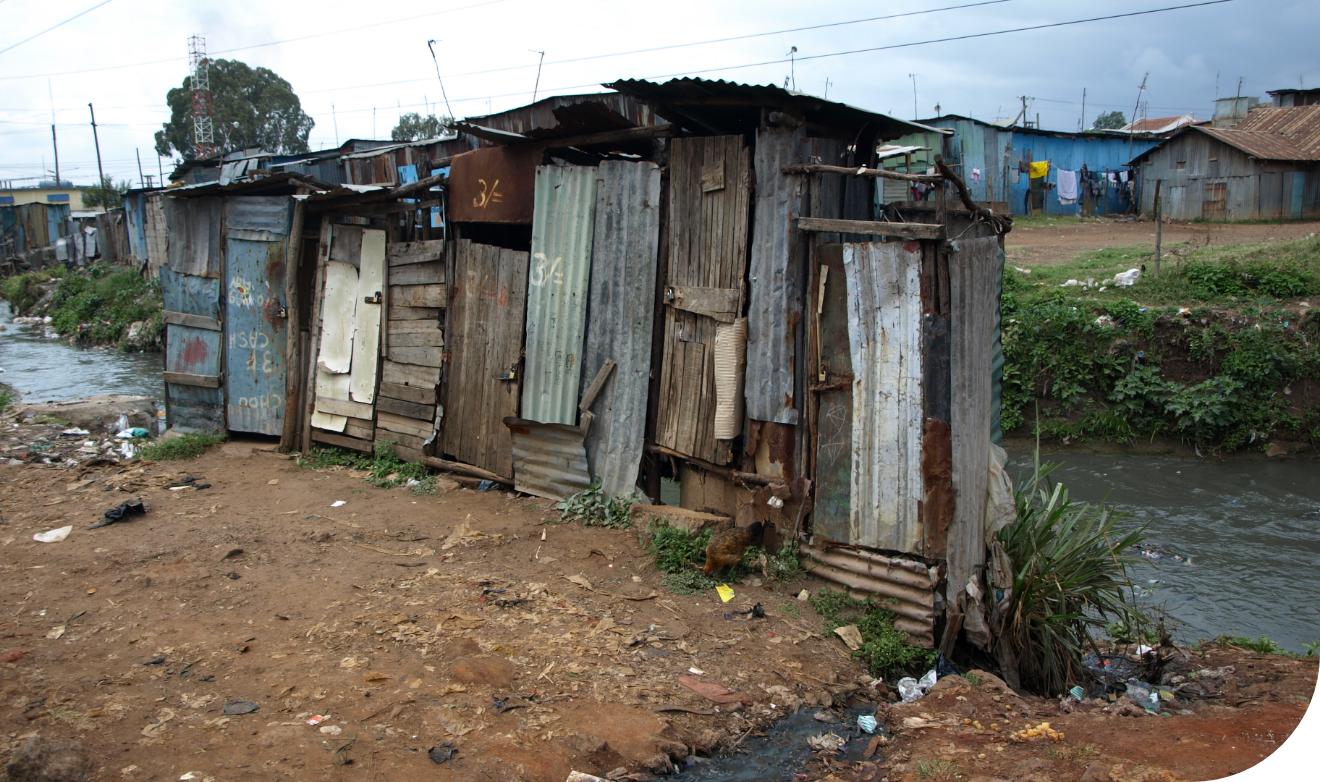The figures on sanitation access are startling: 2.4 billion lack access to basic sanitation, which results in 2 million child deaths annually. In the urban informal settlements with more than 1 billion residents, this challenge is exacerbated by the lack of adequate infrastructure for essential services.
In Kenya where Fresh Life first launched operations, inadequate sanitation takes a toll on public health and economic growth. Every year, sanitation and hygiene-related illnesses lead to more than 17,000 child deaths and the loss of nearly 2% of Kenya’s GDP.









